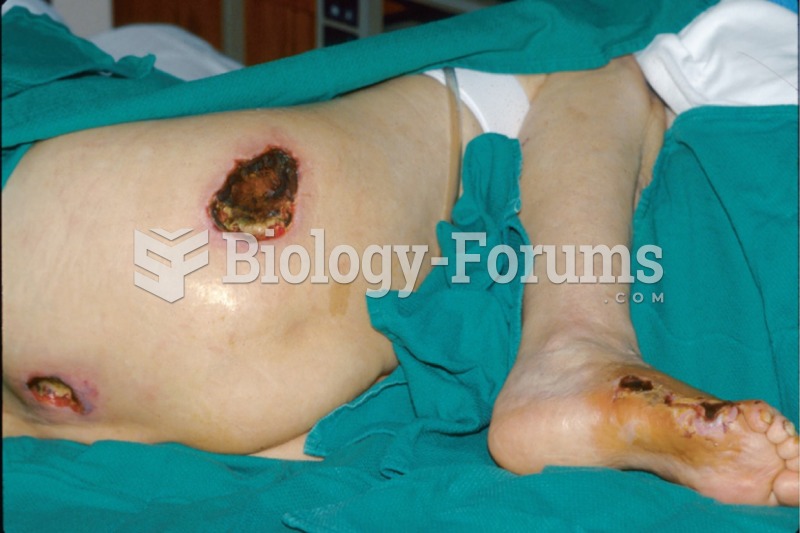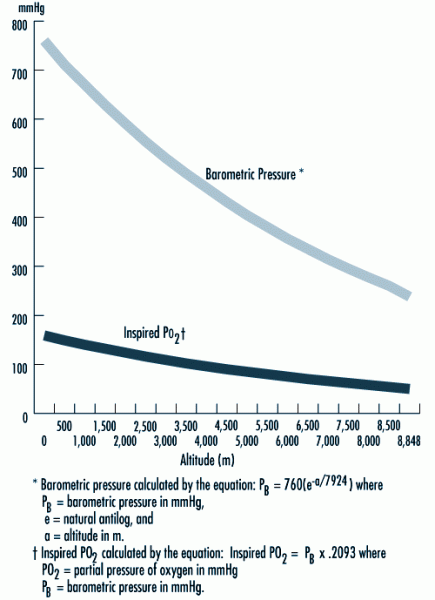Answer to Question 1
2
1. Incorrect. During labor and immediately after the birth, women are predisposed to hypo-thermia because of the combination of the vasodilation that normally occurs during pregnan-cy and the effects of the analgesia and anesthesia.
2. Correct. During labor and immediately after the birth, women are predisposed to hypo-thermia because of the combination of the vasodilation that normally occurs during pregnan-cy and the effects of the analgesia and anesthesia. During labor, during vaginal or cesarean birth, or immediately after birth, women may have shivering, hypotension, and respiratory distress. The hypothermia may result in cardiovascular, pulmonary, circulatory, hematologic, neurologic, or renal complications. The nurse can minimize these complications by making sure that the birthing areas are warm, wet drapes and towels are removed, women are covered with warm blankets after birth, and hypothermia is recognized early.
3. Incorrect. This is an opportunity to provide teaching for the patient. It is not necessary for the physician to be contacted at this time.
4. Incorrect. The shivering is not likely to be related to pain. Furthermore, the nurse would most likely provide pain medication if needed (with a physician's order), not the physician.
Answer to Question 2
1
1. Correct. A major preoperative nursing intervention for a neonate with a myelomeningo-cele is protection of the protruding sac from injury to prevent its rupture and resultant risk of CNS infection.
2. Incorrect. The long-term prognosis in an affected infant can be determined to a large ex-tent at birth, with the degree of neurologic dysfunction related to the level of the lesion, which determines the nerves involved.
3. Incorrect. A myelomeningocele should be surgically closed within 24 hours.
4. Incorrect. Although the nurse would assess for multiple potential problems in this infant, the major nursing intervention would be to protect the sac from injury.







